- - What Are Mini Implants?
- - Types of Mini Implants
- - Who Are Good Candidates for Mini Implants?
- - Advantages of Mini Dental Implants
- - How Much Does Mini Implant Cost?
- - What are the Uses of Mini Dental Implants?
- - How Does Mini Dental Implant Surgery Work?
- - Mini Dental Implant Recovery and Aftercare
- - Disadvantages of Mini Dental Implants
- - How Do Mini Implants Differ From Standard (Traditional) Implants?
- - Why Choose Turkey for Mini Dental Implants?
- - FAQs About Mini Dental Implants
Mini dental implants are small, specialized implants that offer a minimally invasive solution for patients. They require less bone than traditional implants, promote faster healing, and have a success rate of up to 95% when placed by an experienced periodontist.
In Turkey, mini implant surgery is performed at state-of-the-art clinics by internationally certified surgeons, with prices starting as low as $400 per implant.
Contact Turkey Luxury Clinics today for a free consultation to confirm your eligibility and receive a personalized price quote.
What Are Mini Implants?
Mini dental implants (MDIs) are small, one-piece titanium screws less than 3.5 mm in diameter. They provide a less invasive and faster alternative to traditional implants for tooth replacement or denture stabilization. Their small size makes them suitable for patients with limited jawbone density, often eliminating the need for bone grafting, while reducing the number of appointments and overall cost compared to conventional implants.
Types of Mini Implants
Mini implants are classified by their design, and purpose, and uses including ball-retained and O-ring implants for dentures, single-piece implants for narrow spaces, and multi-unit implants to support bridges
1. Ball Implants: Have a small ball-shaped top that keeps dentures securely in place.
2. O-Ring Implants: Similar to ball implants, but with a tiny ring that makes dentures even more stable and prevents slipping.
3. Single-Piece Implants: One solid piece, perfect for narrow spaces or when jawbone is limited.
4. Multiple Mini Implants: Used in groups to support bridges or replace several teeth, spreading the chewing pressure evenly.
Who Are Good Candidates for Mini Implants?
1. Individuals with low bone density or progressive jawbone loss who want to avoid bone grafting.
2. Denture wearers who seek more stability and comfort can opt for mini implants that provide secure support without the need for invasive standard implants.
3. Patients who prefer a less invasive procedure with no surgical incisions or stitches.
4. Those who need a faster recovery time or have medical conditions that make extensive surgery unsuitable.
5. Patients in good overall health, with no uncontrolled chronic illnesses such as diabetes.
6. Individuals with healthy gums and no active periodontal disease.
7. Candidates who are non-smokers or willing to quit smoking to improve long-term implant success.
Advantages of Mini Dental Implants
Compared to traditional implants, mini implants are less invasive, require a shorter recovery time, and are more affordable. They can also eliminate the need for bone grafting, making them an excellent option for patients with limited bone density.
Benefits of mini dental implants include:
1. More affordable
Mini implants use fewer materials and require less procedure time, making them significantly more cost-effective than traditional implants.
2. Minimally invasive
Only a small entry point in the gum is needed, with a simpler surgical approach that results in fewer side effects and reduced downtime.
3. Faster recovery
Because they do not involve stitches or extensive surgery, patients usually heal faster and can return to normal activities sooner than with traditional implants.
4. No bone grafting needed
Their narrow design allows placement even in cases of low bone density, eliminating the need for complex and costly bone grafting procedures.
5. Ideal for limited space
The smaller diameter makes mini implants suitable for patients with smaller mouths or areas where traditional implants cannot be placed.
How Much Does Mini Implant Cost?
Mini dental implants are generally more affordable than traditional implants. On average, a mini implant costs around $700, compared to $1,500 for a traditional implant. Prices vary widely by country: in Western countries like the US, the starting cost is about $1,500, while in more affordable destinations such as Turkey, mini implants can start around $500, often with comprehensive all-inclusive packages.
Turkey stands out not only for affordability but also for internationally certified dentists and high-quality care standards. Costs can also depend on factors like clinic location, case complexity, the number of implants needed, and the type of prosthesis used.
The cost of Fix-on-Six mini implants is $3,500–$8,500 per arch, typically supporting a full set of upper or lower dentures.
The cost of full-mouth mini implants is $10,000–$30,000 in the US, with Turkey offering lower prices, starting at $6,000.
Cost Comparison of Mini Dental Implants by Country (per Single Implant)
What Determines the Cost of Mini Implants?
The price of mini dental implants depends on several key factors:
- Location: Prices vary by country and city, with Turkey being one of the most affordable destinations.
- Number of Implants: The total cost depends on how many mini implants you need. For example, replacing a single tooth requires one implant, while stabilizing a full denture may need 4–6 implants.
- Type of Restoration and Prosthesis: Costs differ depending on whether you are replacing a single tooth, multiple teeth, or stabilizing a full denture, and the type of crown, bridge, or denture used.
- Extra Procedures: Some cases may require additional treatments, which increase the total cost.
- Dentist’s Expertise: Experienced or internationally certified dentists may charge higher fees.
What are the Uses of Mini Dental Implants?
1. Single-Tooth Replacement
Mini dental implants can replace a single missing tooth, especially in the front or premolar areas, providing a stable, functional, and aesthetic solution when traditional single tooth implants are not an option.
2. Denture Stabilization
MDIs are commonly used to stabilize or anchor dentures. They improve comfort and chewing ability, particularly for patients with loose or ill-fitting dentures.
3. Multiple Tooth Replacement
Mini implants can replace several missing teeth, offering a cost-effective alternative to traditional implants, especially for patients with limited bone mass. Their smaller size requires less bone for placement.
4. Orthodontic Anchorage
Mini implants can act as temporary anchors during orthodontic treatment, assisting with tooth alignment and movement control.
How Does Mini Dental Implant Surgery Work?
Mini dental implants steps are generally similar to the traditional implant procedure; however, it is still a simpler and less invasive option. Steps include:
1. Initial Consultation: The dentist evaluates your oral health and medical history to confirm if mini implants are the right choice.
2. Panoramic X-ray or 3D Imaging: A 3D X-ray is taken to assess bone quality and plan precise implant placement. Unlike traditional implants, minis usually require less bone mass.
4. 3. Minimally Invasive Procedure: Placement is often flapless, meaning no surgical incisions are needed. This reduces bleeding, swelling, and healing time compared to standard implants.
5. Quick Surgery: The procedure typically takes 45–60 minutes under local anesthesia. The implants are gently screwed into the jawbone through a small pilot hole, with minimal post-op discomfort.
6. Faster Recovery: Because the surgery is simpler, many patients resume normal activities sooner than with conventional implants.
Mini Dental Implant Recovery and Aftercare
Mini dental implant Recovery and Aftercare. Recovery after mini dental implants is typically much faster than with traditional implants.
Most patients notice improvement within 24–48 hours and can resume most daily activities within 1–3 days.
Complete healing of the gums and oral tissues usually takes 1–2 weeks, while integration with the jawbone (if needed) may take slightly longer, though still generally shorter than conventional implants.
Proper aftercare, includes maintaining good oral hygiene, avoiding hard foods, and attending follow-up appointments, helps ensure smooth healing and long-term implant success.
Disadvantages of Mini Dental Implants
Despite their advantages, mini dental implants have lower long-term success rates and a higher risk of dental implant failure compared to traditional implants.
They are less durable, have a shorter lifespan, and can be more challenging to clean and maintain. Mini implants are also more prone to fracture under chewing forces or teeth grinding.
Key Drawbacks of Mini Dental Implants
- Reduced load-bearing capacity: cannot withstand the same chewing forces as traditional implants.
- Higher risk of fracture: more vulnerable to breaking under pressure from chewing or bruxism.
- Shorter lifespan: typically lasts about 7–9 years, compared to the longer durability of conventional implants.
- Not suitable for severe bone loss: requires adequate bone for successful placement.
- Limited applications: not ideal for replacing molars or supporting full-arch restorations.
- Cleaning challenges: harder to maintain proper hygiene, which can increase the risk of complications.
- Aesthetic limitations: achieving perfectly natural results can be more difficult.
- Placement sensitivity: incorrect positioning raises the risk of loosening or failure.
- Dependence on expertise: successful outcomes require proper training and experience.
How Do Mini Implants Differ From Standard (Traditional) Implants?
Both mini implants and traditional implants serve the same purpose of replacing missing teeth and stabilizing dentures. They are typically made of biocompatible implant materials like titanium, integrate with the jawbone, and help preserve bone health while restoring normal function and appearance. But they vary widely in another aspect. including:
1. Size & design
Traditional implants consist of a two-piece system, with a diameter of 3.25–5 mm, placed into the jawbone with an external screw.
Mini implants are a single-piece screw, less than 3 mm in diameter, with a ball-shaped end that protrudes slightly above the gum to attach to the crown or denture.
2. Bone requirements
While high bone density is essential for the success of traditional implants, mini implants can be placed in areas with limited bone, eliminating the need for grafting.
3. Surgical procedure and invasiveness
Traditional implants usually require an incision, stitches, and a longer healing period. Mini implants are less invasive, often placed without incisions or sutures, allowing faster recovery.
4. Strengths & uses
Traditional implants are stronger and ideal for molars, single-tooth replacements, and full-mouth restorations. Mini implants provide less support and are mainly used for stabilizing dentures or replacing smaller teeth.
5. Longevity
Traditional implants have greater durability and can last 15–20 years or more with proper care, compared to mini implants, which typically last 7–9 years.
6. Time for recovery
Mini implants heal faster, require a shorter recovery period, and can sometimes support a prosthesis immediately. Traditional implants, on the other hand, generally require 3–6 months of healing before the crown can be placed.
7. Cost
Mini implants are a more affordable alternative due to their smaller size, simpler procedure, and the fact that they usually do not require bone grafting.
8. Long-term stability
Traditional implants demonstrate higher long-term success and stability, while mini implants carry a greater risk of failure under heavy bite forces.
Why Choose Turkey for Mini Dental Implants?
Turkey is a top destination for dental implants thanks to its affordable prices, advanced technology, and highly experienced, often internationally trained dentists.
Patients can save up to 70% compared to Western countries while receiving world-class care.
Many clinics also offer comprehensive dental tourism packages that cover treatment, accommodation, and transfers.
This allows patients to enjoy high-quality dentistry alongside a comfortable and stress-free experience, often combining their dental care with Turkey’s rich cultural and travel opportunities.
At Turkey Luxury Clinics, mini dental implant treatments are performed by expert surgeons with international training.
Our all-inclusive packages can cover medical and non-medical costs such as accommodation, meals, and local transportation, allowing patients to focus on their treatment and recovery.





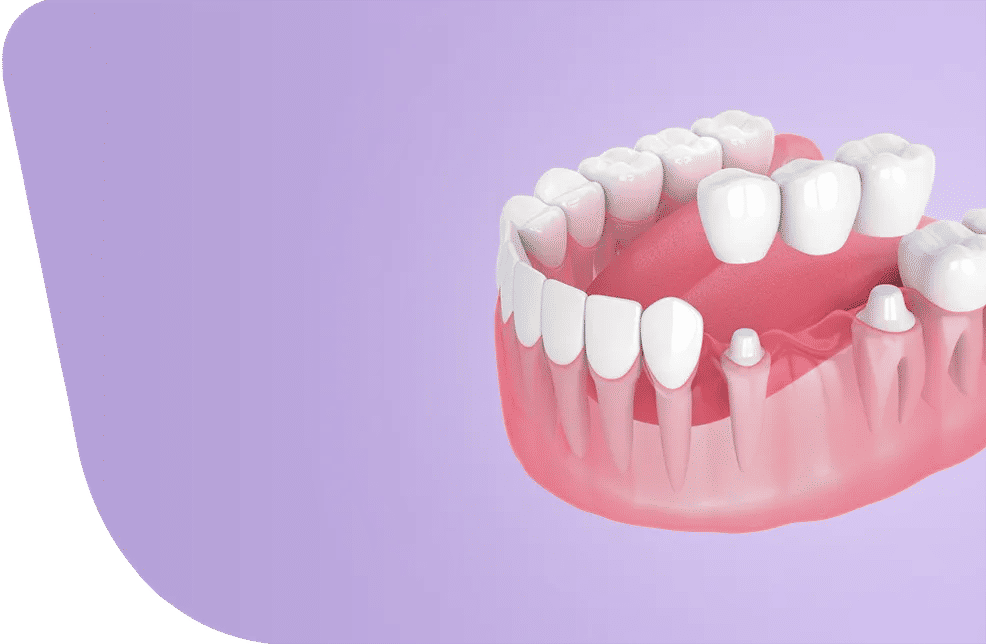
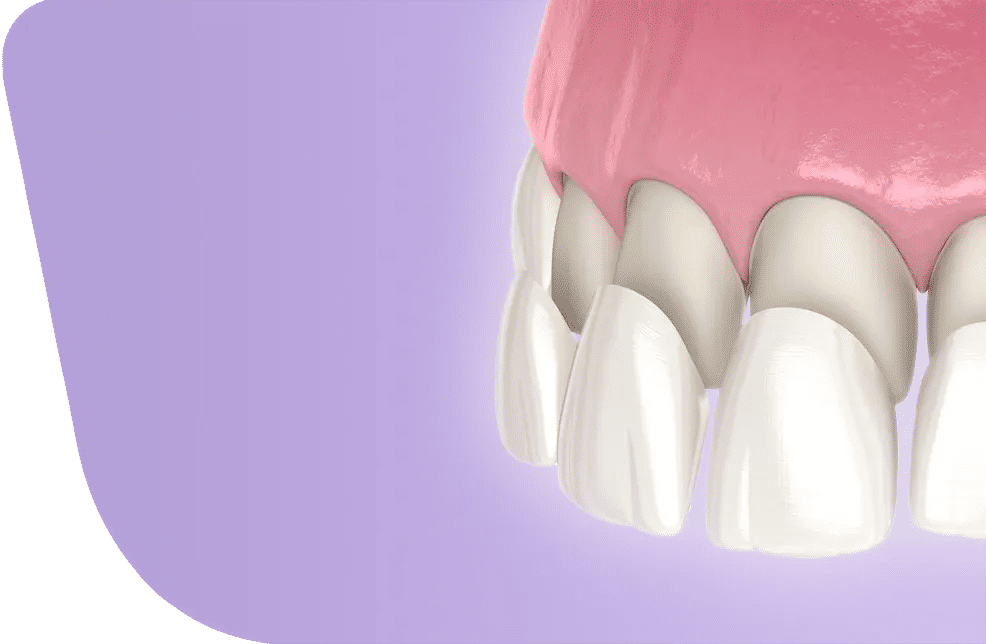
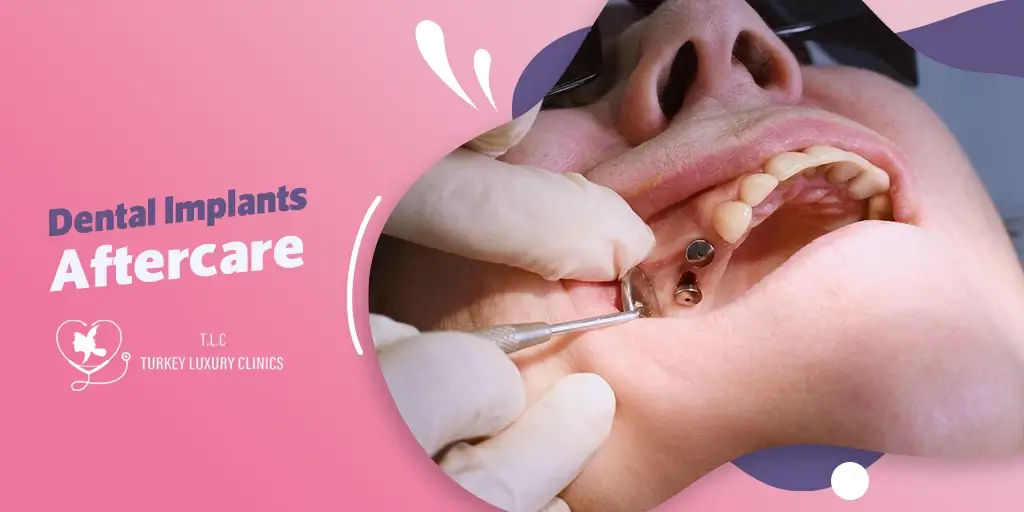
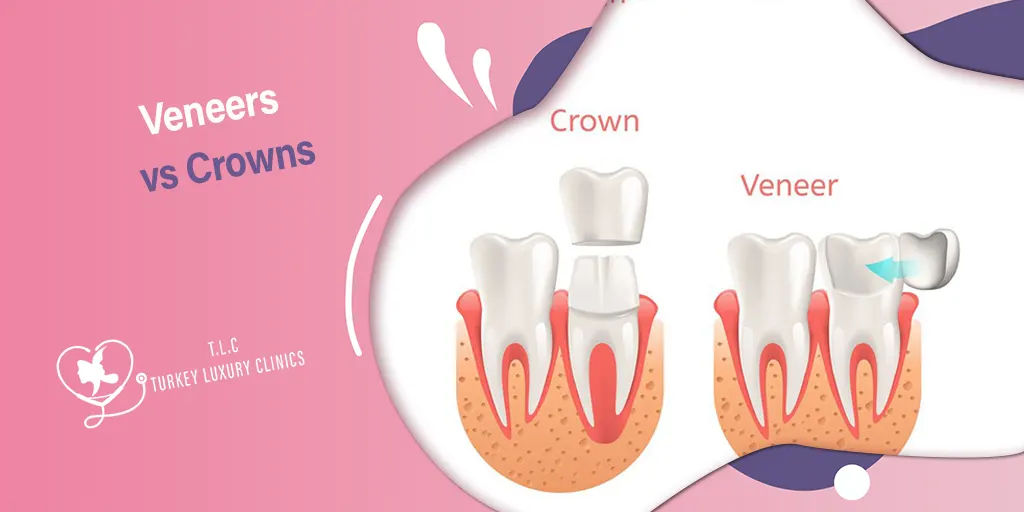
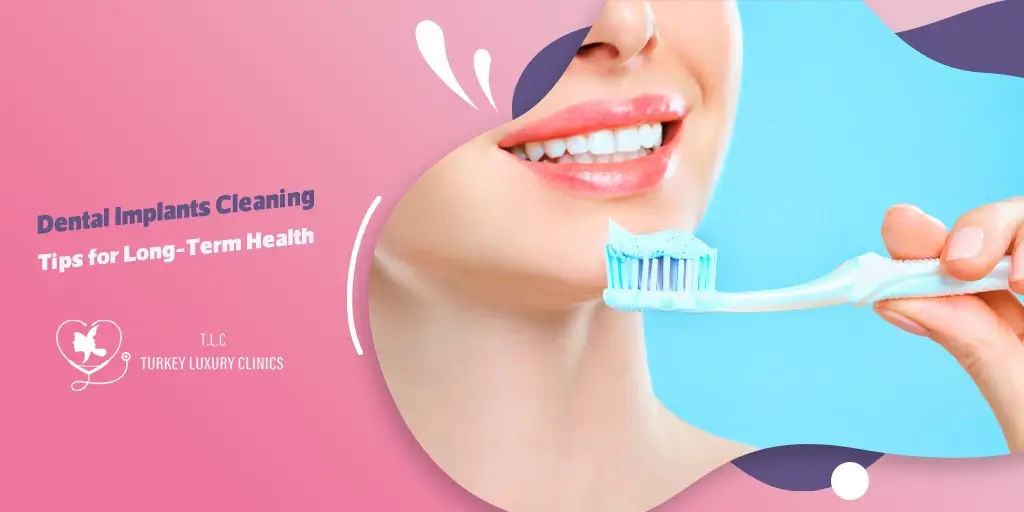




.webp)
.webp)
.webp)
.webp)

